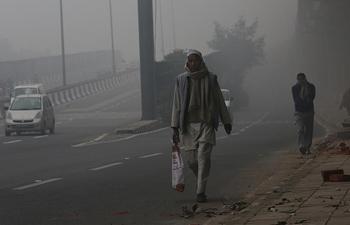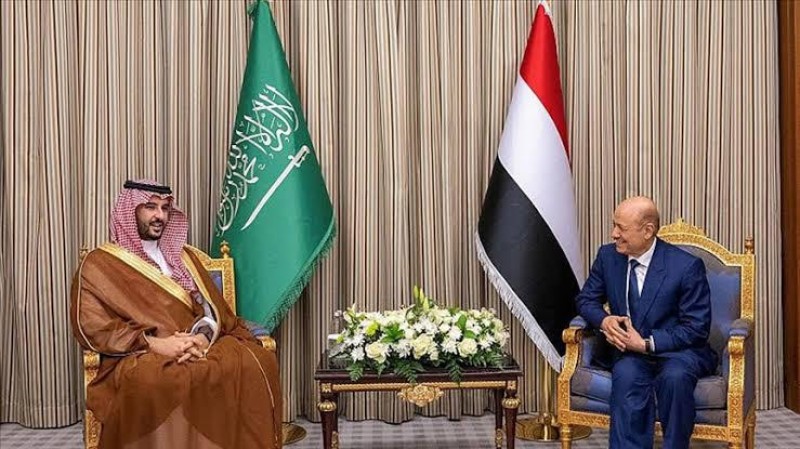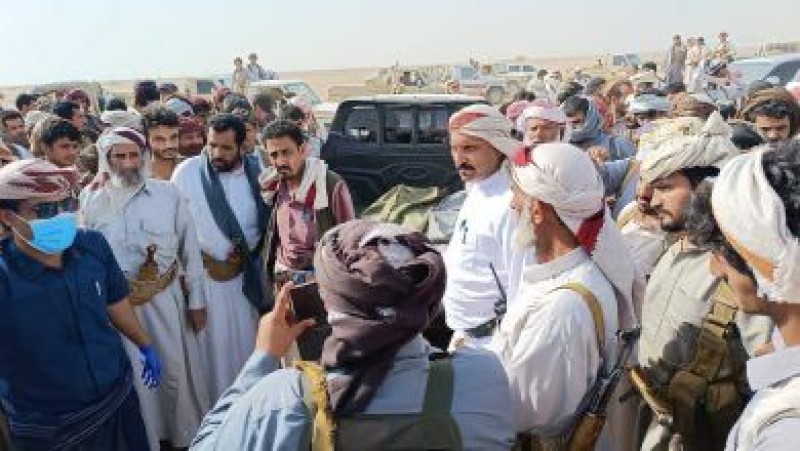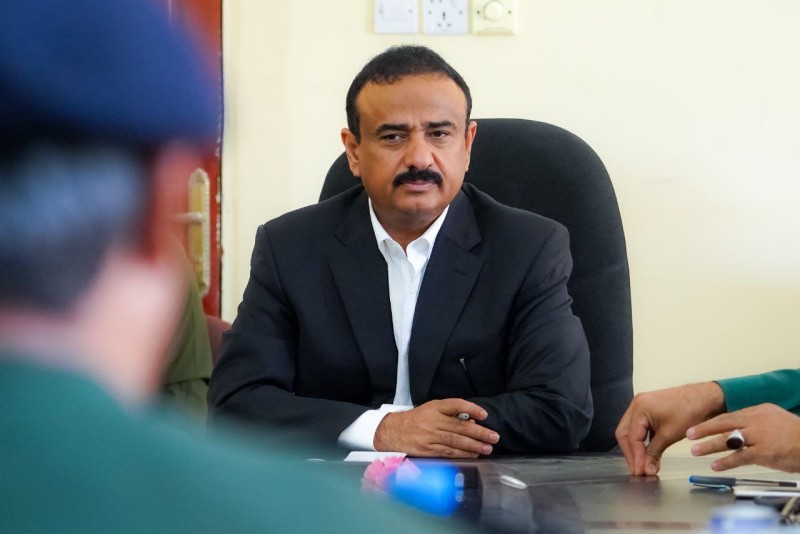Houthis Order Seizure of Assets of 35 Deputies


The public prosecution run by the Iran-aligned Houthi militias in Yemen's Sanaa, according to well-informed sources, issued an order to seize assets of 35 deputies, who were allegedly charged with national treason.
Houthi insurgents, in areas under their control, have formed shadow government and justice systems, which are unrecognized by the international community and that primarily act out the militias’ war agenda.
Sources, who spoke on condition of anonymity, pointed out that parliament Speaker and General People's Congress (GPC) leader Sultan al-Burkani was one of the figures affected by the Houthi decision. Other targeted lawmakers mostly belonged to the GPC and reformist parties, such as al-Islah, otherwise known as the Yemeni Congregation for Reform.
Last week, the Houthis in Sanaa referred the 35 deputies to court after lifting their immunity.
The militias are seeking to overpower Yemeni government institutions by cloning them in Sanaa, where they can constantly threaten lawmakers with jail and seizure of property should they decide to defect from the insurgency.
The militias most recently established a 42-member shadow Shura Council, a legislative body. Members were sworn in by the Houthis’ president of the Supreme Political Council, Mahdi al-Mashat.
Partisan and tribal sources in Sanaa note that Houthi militias hope to appease influential figures in society by appointing them to the council, where they would receive astronomical monthly salaries.
According to Yemeni law, members of the Shura Council are appointed by presidential decrees. The legislative body’s functions are limited to advising the government.

Riyadh – A senior official in Yemen’s Presidential Leadership Council said that Council President Rashad Al-Alimi is expected to meet e…

Marib – The internationally recognized government of Yemen has recovered the bodies of 20 of its fighters in a tribal-mediated exchange with…

Shabwa – The Governor of Shabwa, Awad Mohammed bin Al-Wazir, has directed the Director General of Police in the governorate to urgently take…